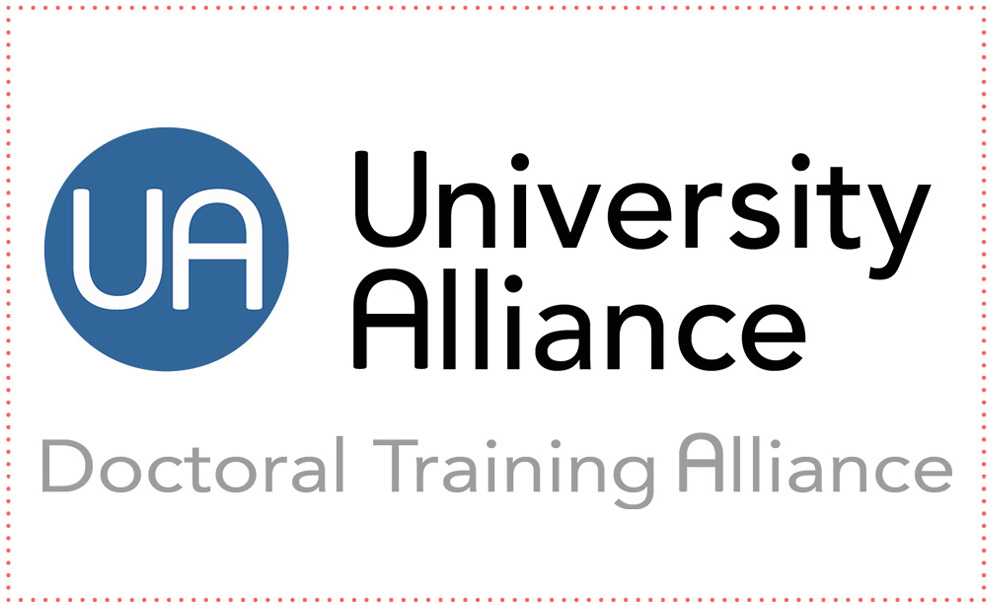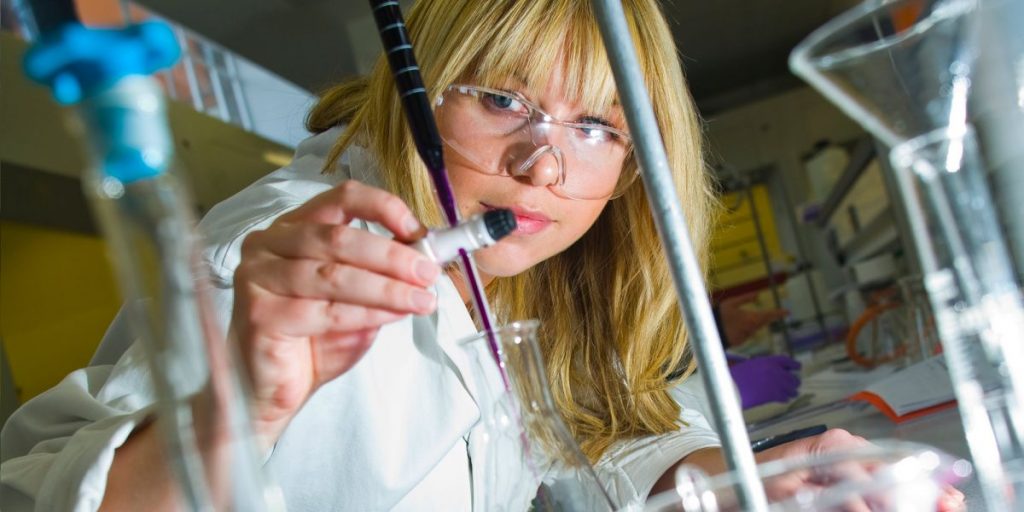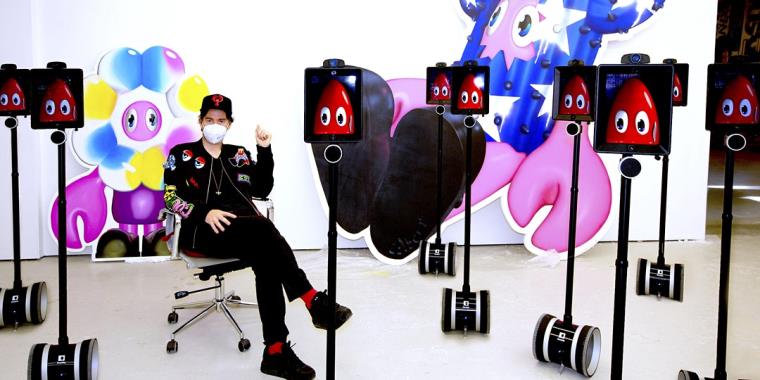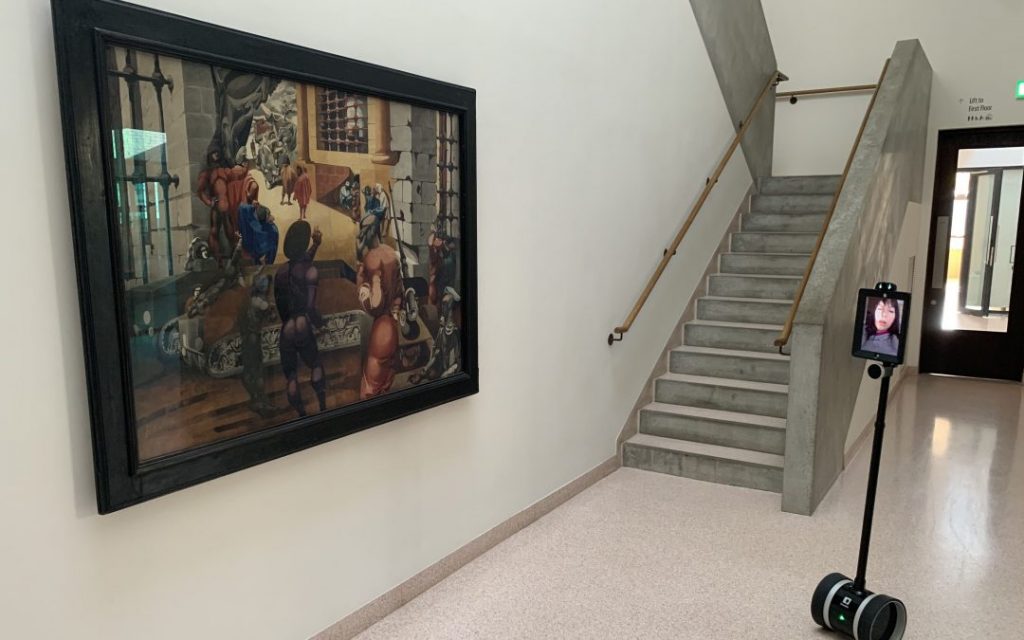Support for Early Career Researchers
University Alliance’s Doctoral Training Alliance (DTA) DTA is a structured PhD training programme run across 19 Alliance universities and partner institutions; one of the largest nationwide doctoral training initiatives across the UK. Building on the research strengths and industry-focus of our universities, the DTA is focused on producing independent, highly-employable researchers with expertise and skills in strategically important research are…





